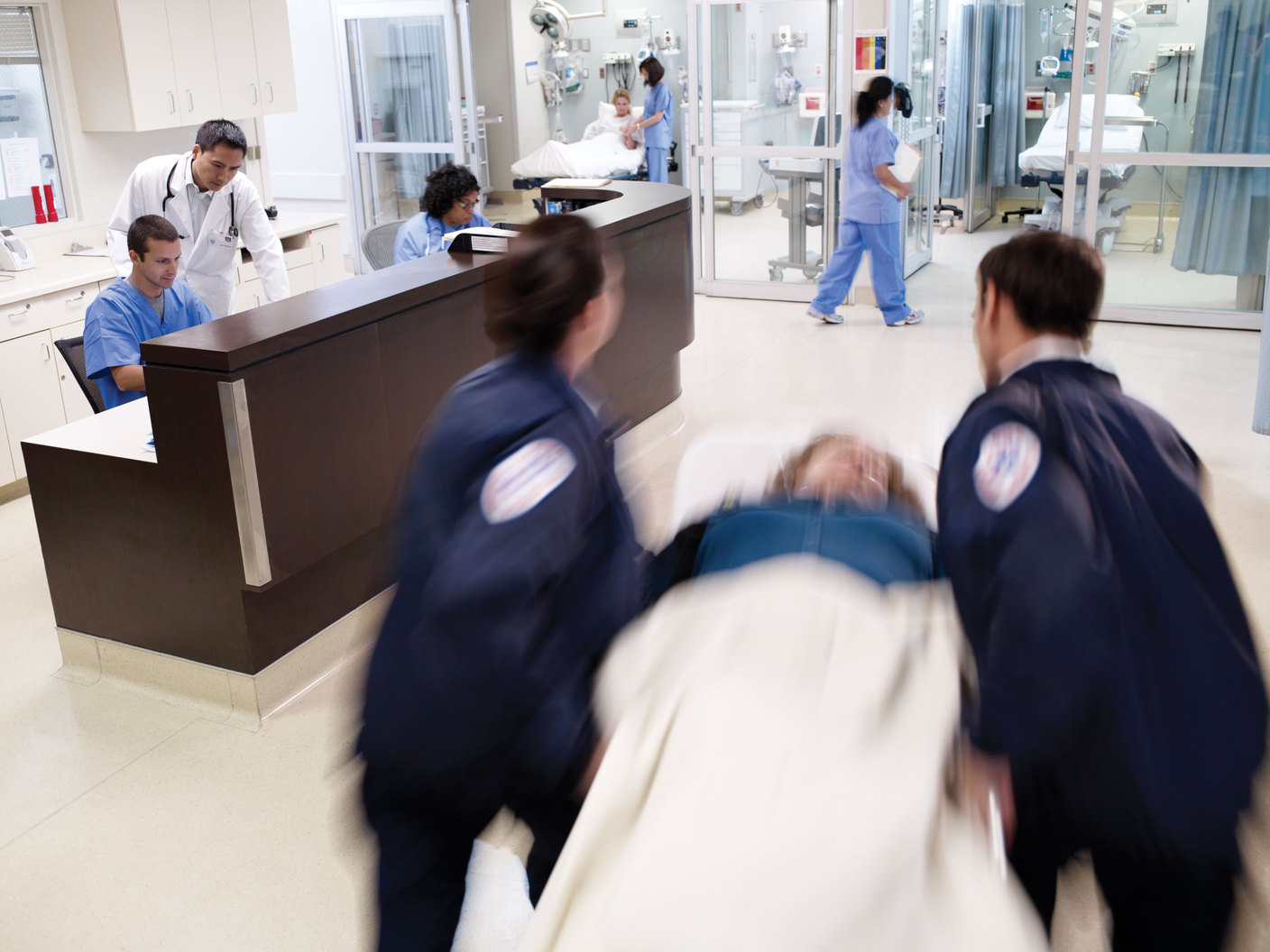In emergency medical services, the first and foremost objective of all operations is quick response time. The reason for this is a term known as the ‘Golden hour’ which is essentially the amount of time within which a casualty must receive emergency medical attention to maximize their odds of survival. Any delays would only serve to deteriorate the victim’s condition to a point that severely hampers their prospects for making a full recovery.
Over the last few years, both private companies like ZHL and government bodies, at national, state, and local levels have contributed immense amounts of time, money, and resources to improving patient survivability, with noticeable success. Following the precedent set by other developed nations, ZHL has unveiled vehicles capable of conducting effective lifesaving procedures en route to permanent facilities making them highly suitable for congested urban areas or remote villages. That being said, rural India continues to remain on the back-foot when it comes to emergency response times, despite all efforts, owing to the sheer size of the country, difficult terrain, dispersed population, and poor infrastructure.
While fast ambulances capable of carrying out advanced medical procedures, and a strong healthcare infrastructure that results in an abundance of hospitals are of course huge advantages to patient survivability, the most important factor is immediate action by first respondents. A first respondent is anyone who witnesses an accident/incident that warrants an emergency intervention and takes immediate action to aid the victim/casualty. The first and most important step for a first responder to take is to contact the emergency services i.e. police, fire brigade, and paramedics immediately before attempting to take any action.
In high-stress situations, it is difficult for an untrained individual to think rationally and clearly, or recall information on command. For this reason, it is important for everyone to memorize the number of emergency services well in advance. For example, ‘108’ is a toll-free number for medical emergencies such as critical care, trauma, and accident cases, while ‘102’, as part of the Janani Shishu Suraksha Karyakram scheme, is available exclusively to pregnant women in the state of Odisha. Units that respond to the number ‘1298’ are specifically trained to administer ‘First Aid’ Advanced and Basic Life Support techniques and other pre-hospital care to stabilize patients.
Times of adversity can bring out our greatest fears and push us to limits we never asked for, but being strong, staying calm, and doing our duty as citizens by calling the appropriate authorities in a timely manner, can save countless lives each year. The future is uncertain, and calamity can strike at any time, the only defense against it all is to be prepared.


